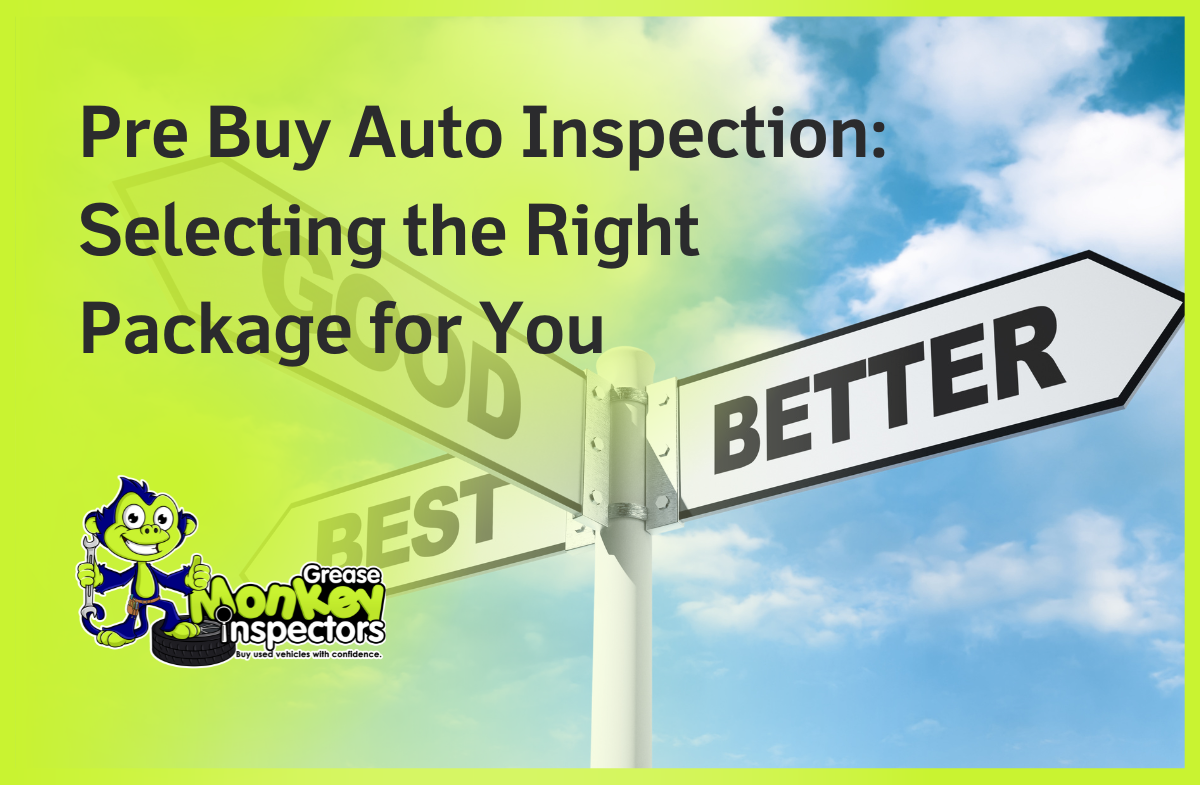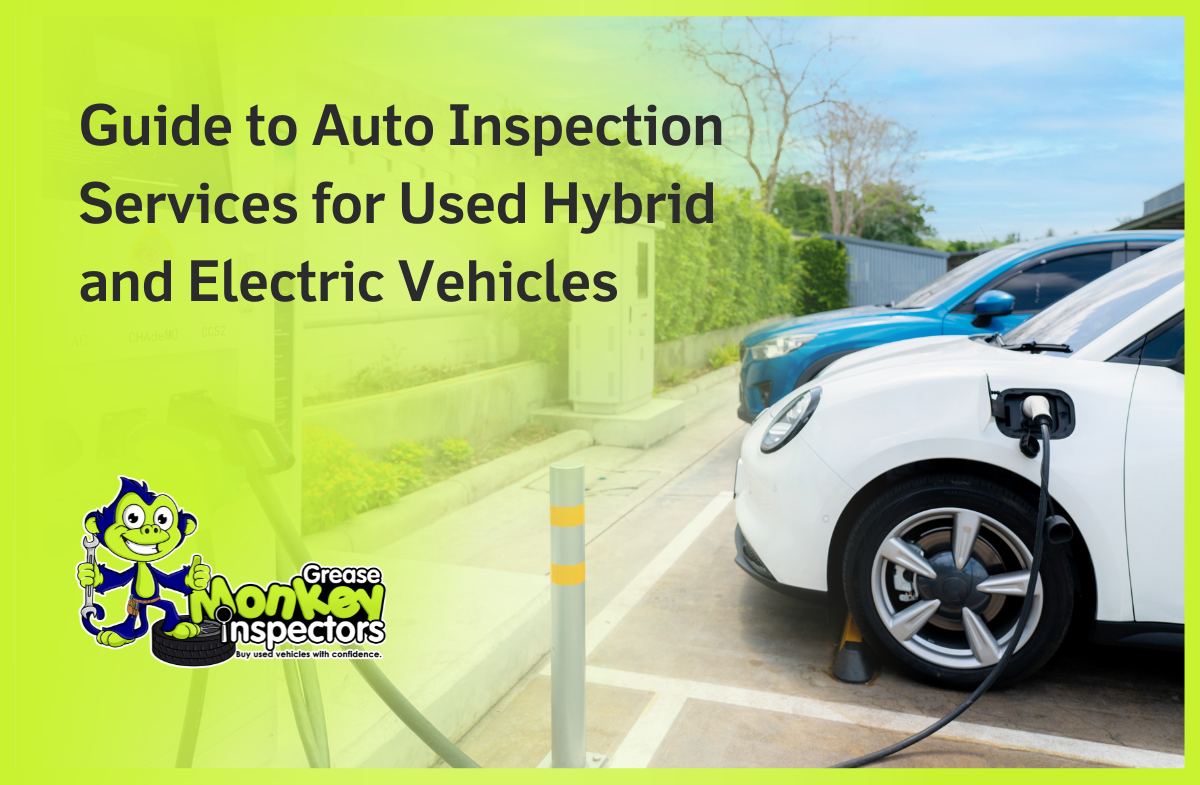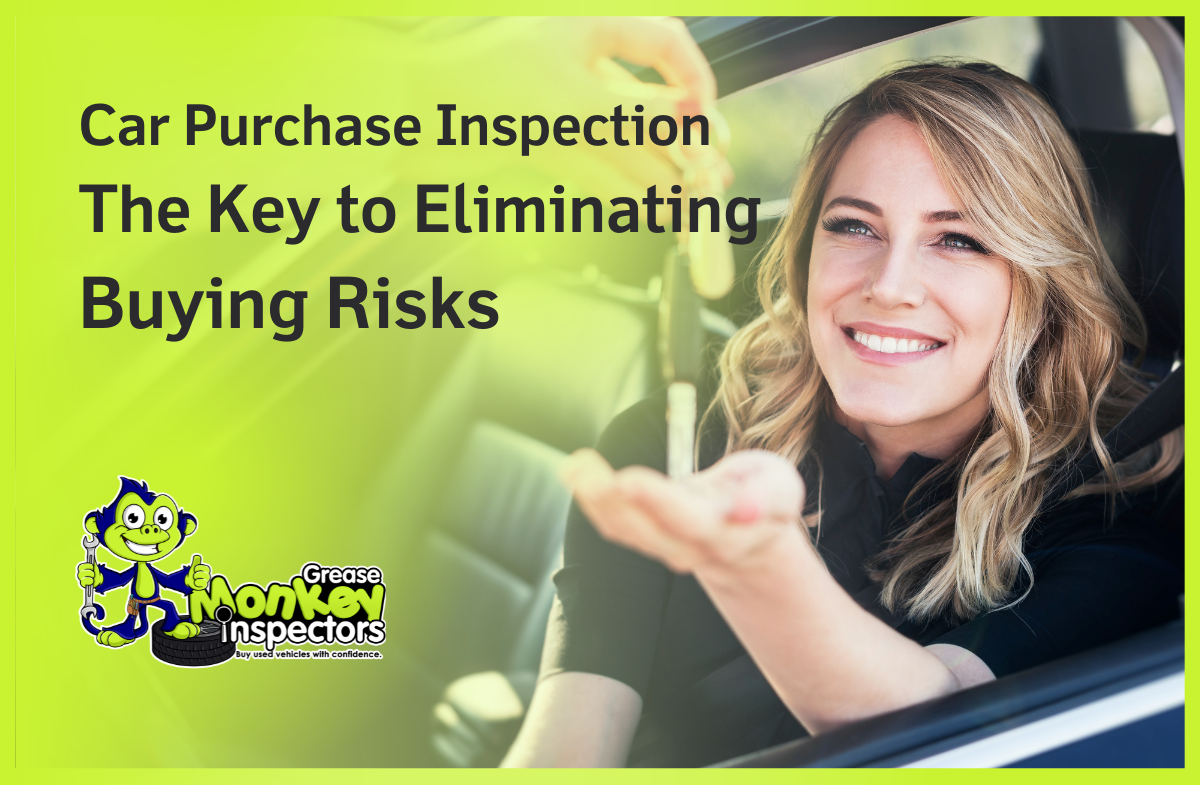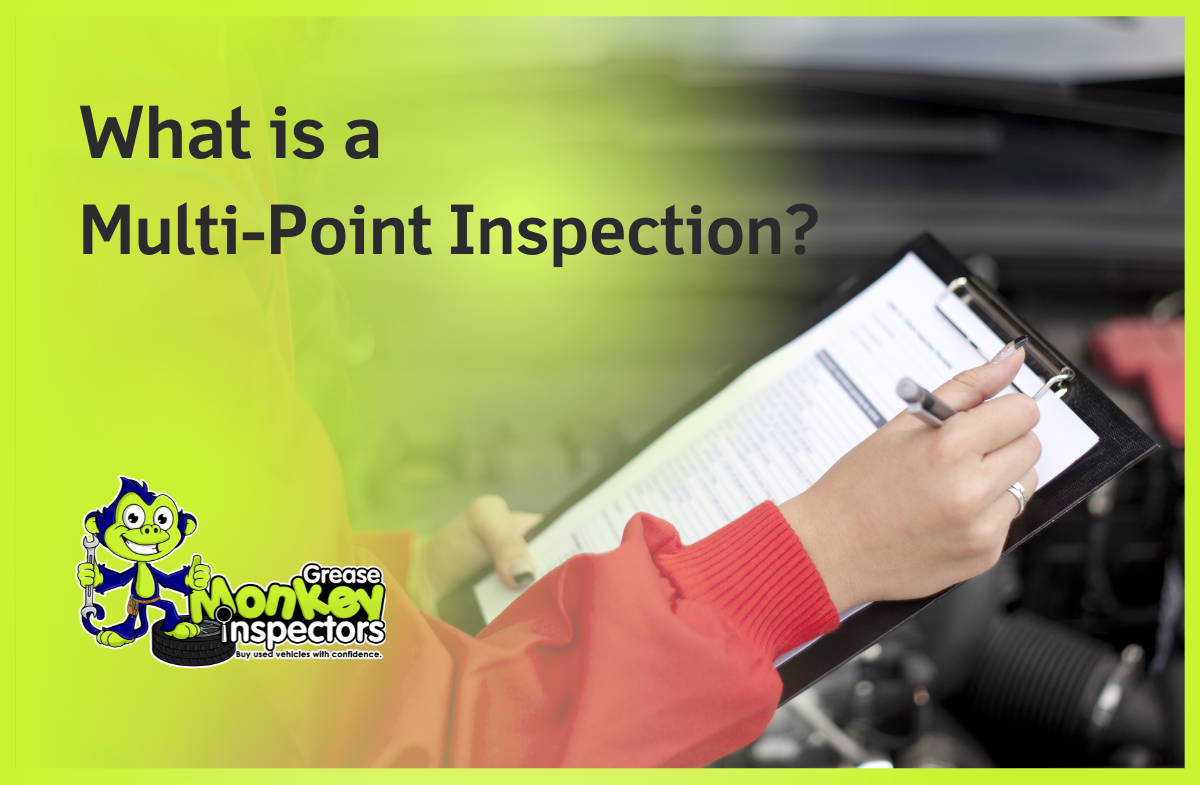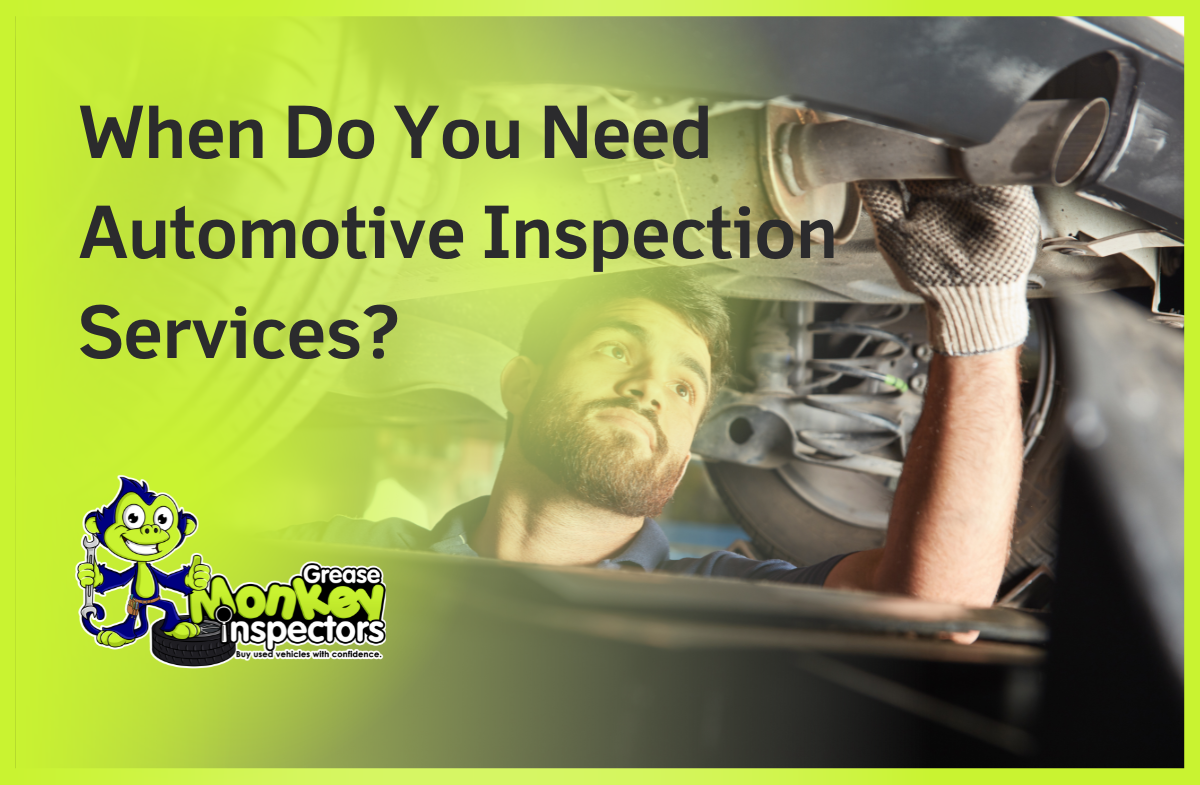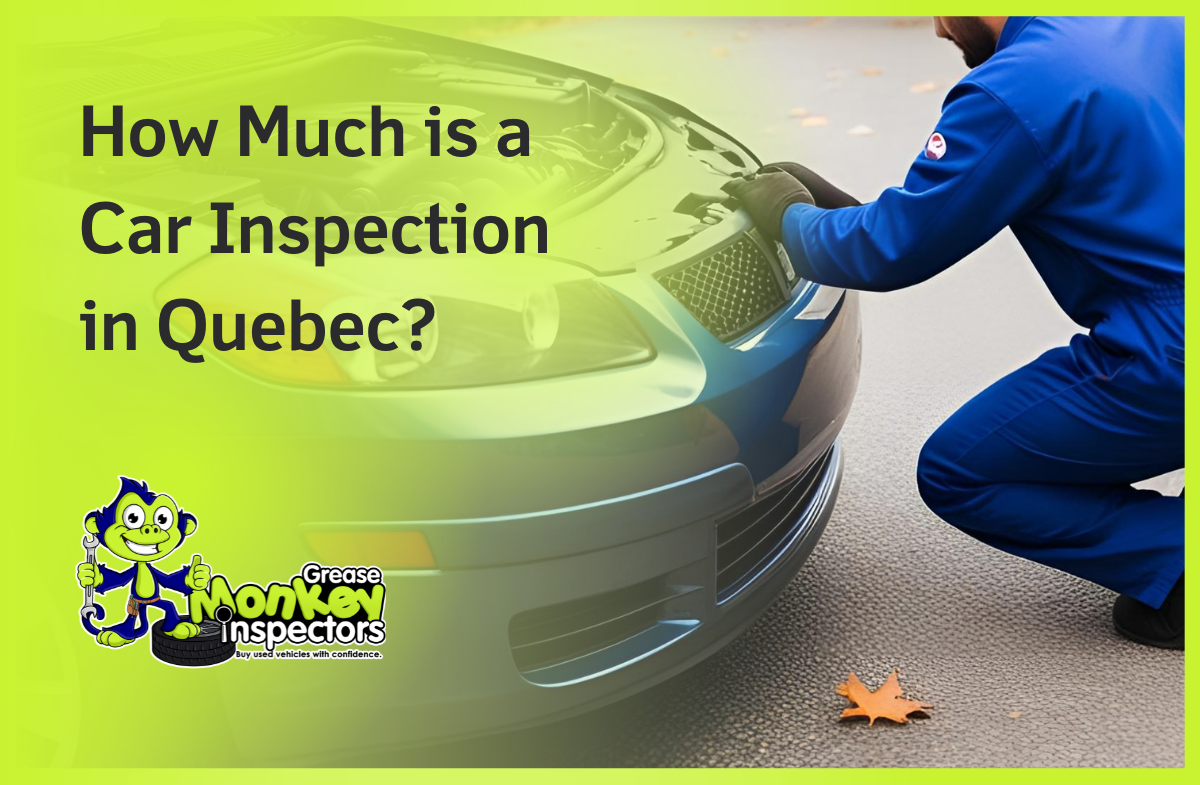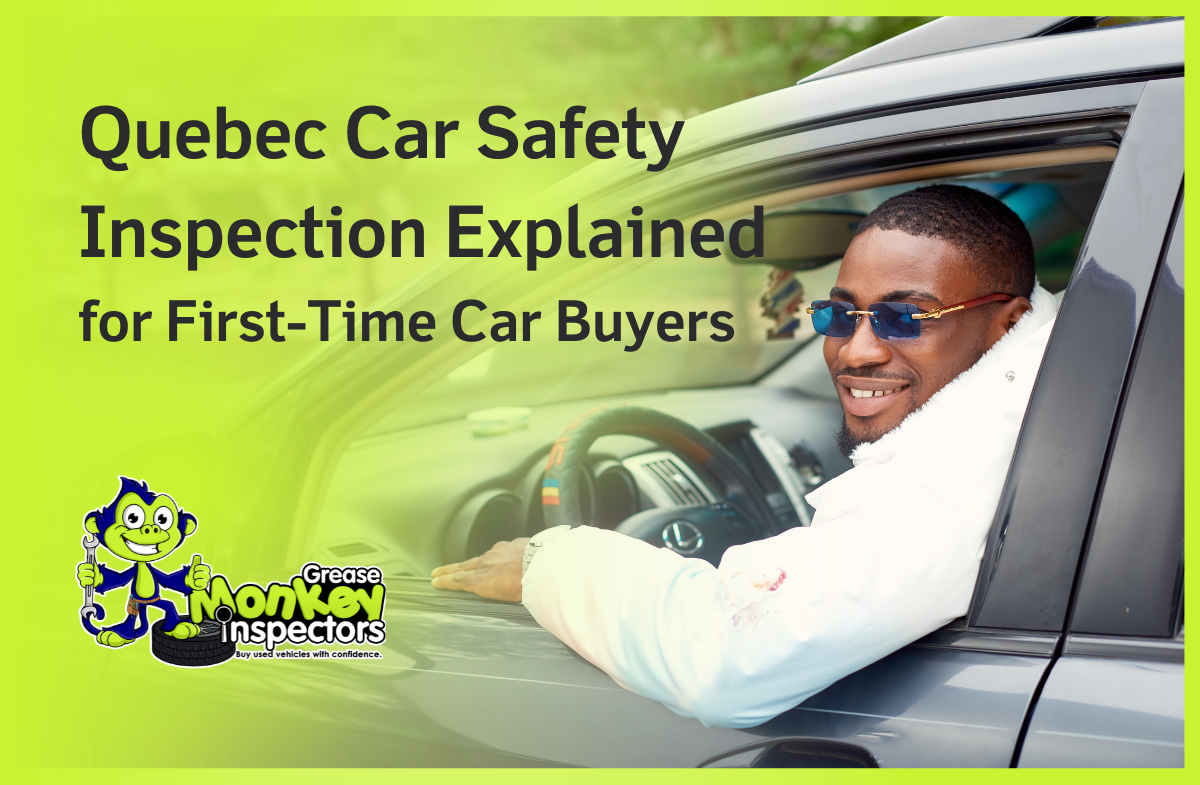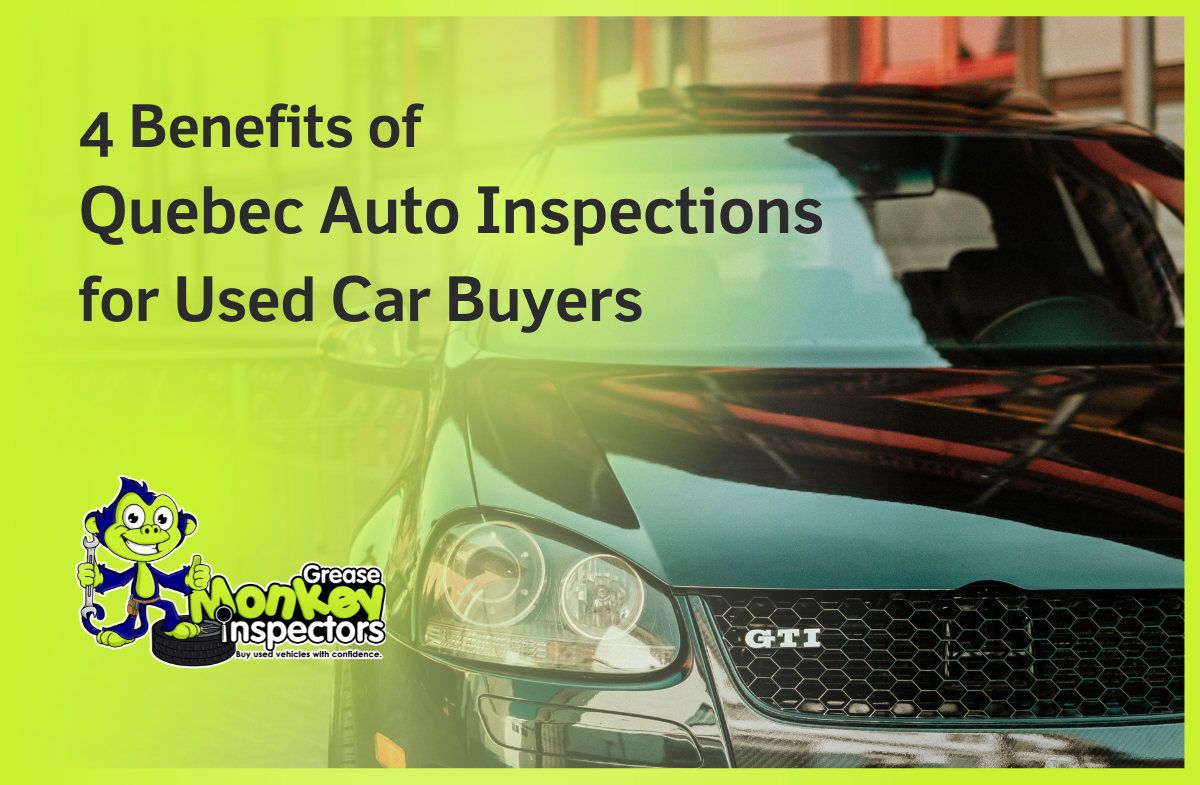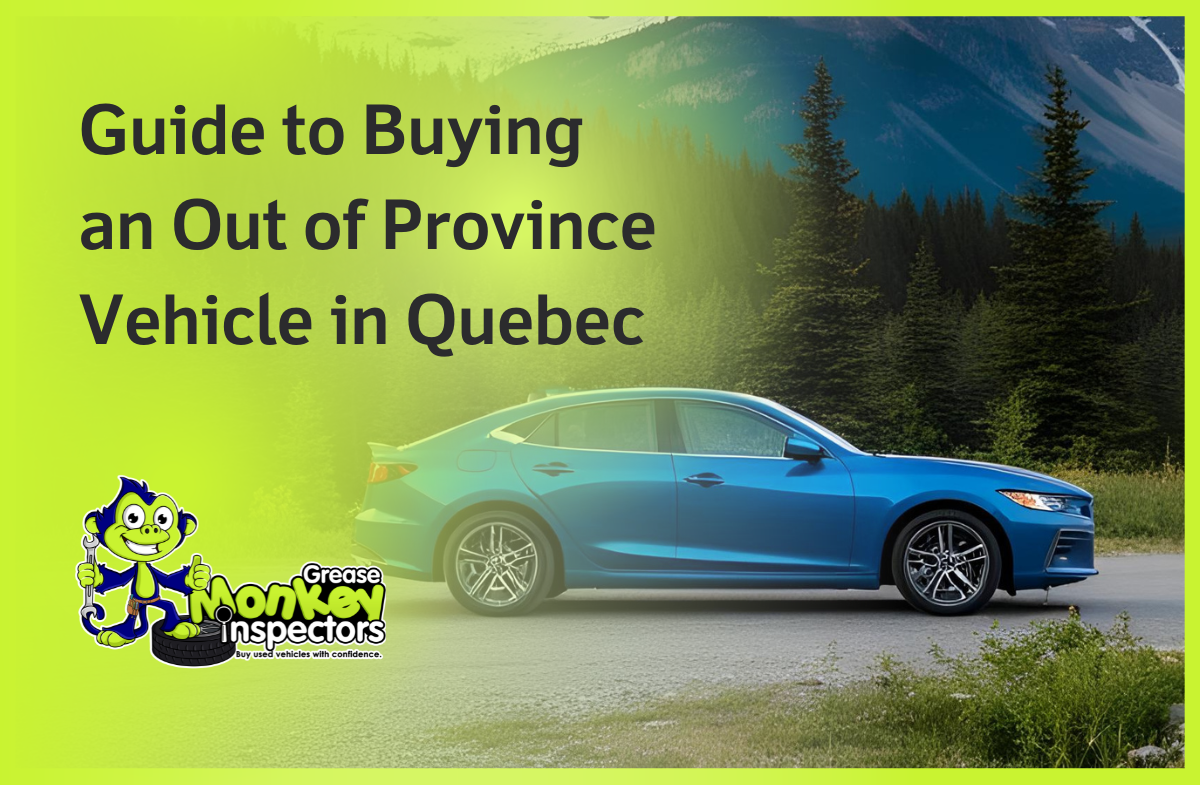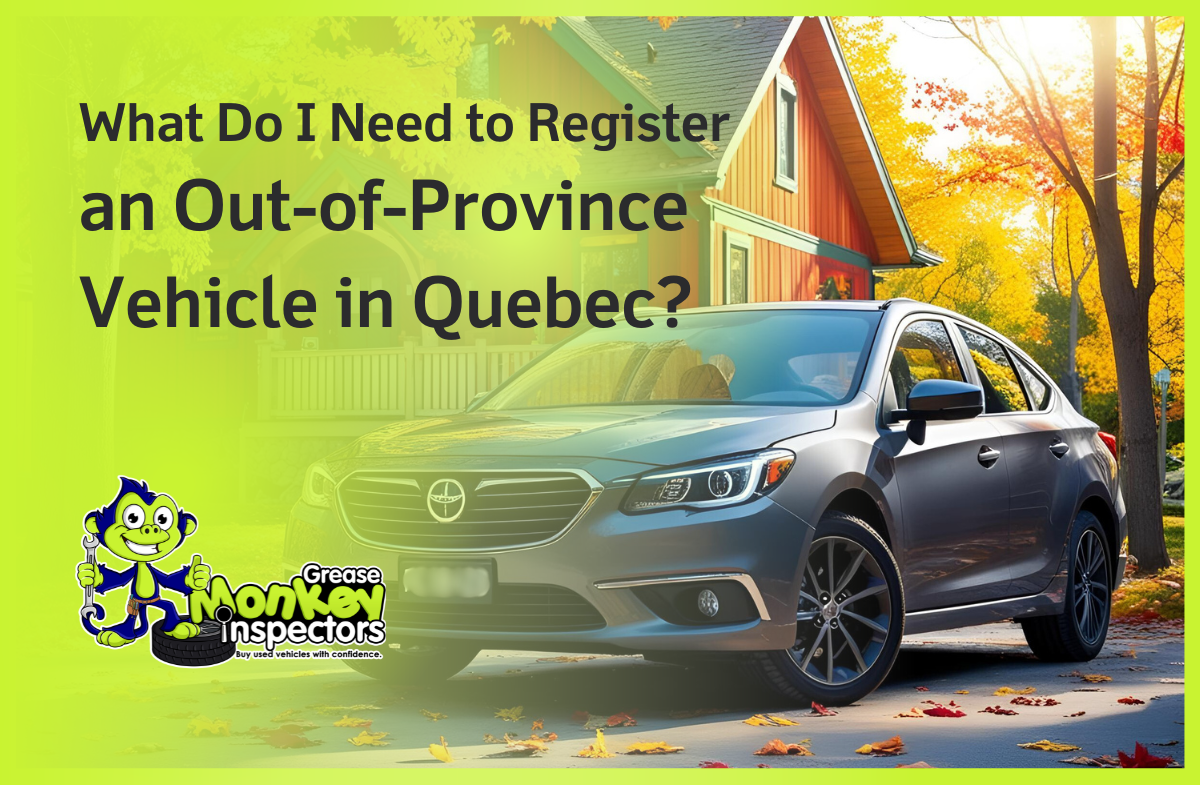Buying a used car is a smart money choice, but it comes with uncertainties. Pre buy car inspection is your best tool to cancel out risks and get value for money. As there are numerous packages available, choosing the right package that fits your needs is what counts.
What Is a Pre Buy Auto Inspection?
A pre buy vehicle inspection is a thorough check conducted by certified technicians to evaluate a used vehicle’s condition. This includes inspecting the mechanical systems, underbody, exterior and interior, as well as running diagnostic scans and road tests to help uncover hidden issues like accident histories, odometer tampering and other costly repairs the buyer might not mention.
Also Read- 4 Benefits of Quebec Auto Inspections for Used Car Buyers
Pre Buy Auto Inspection Packages
Greasemonkey Inspectors offers three packages to suit different needs and budgets.
1. Basic Package (200 Checkpoints)
Checks include vehicle history, underhood and underbody inspections,and a comprehensive road test. The package is ideal for budget-conscious buyers or those buying relatively newer cars with fewer concerns.
2. Standard Package (250 Checkpoints)
Includes thorough interior and exterior inspections, a full ECU scan, and detailed checks on tyres, wheels, and rust condition. Exclusive for Hybrid and electric cars.
3. Premium Package (300 Checkpoints)
Includes paint thickness tests, fluid condition assessments, detailed underbody and electrical system inspections, and market price valuation. Also comes with a repair estimate to negotiate confidently with the seller. This package is perfect for high-value or classic vehicles.
Note– All our packages come with an option for a 100-day warranty.
Learn more about our packages here.
How to Choose the Best Option for You
Choosing the right pre buy inspection package depends on your needs and budget. Consider these factors when making your choice:
- Vehicle Type and Condition
- Budget
- Peace of Mind
Book Your Pre Buy Auto Inspection with Us
Steer clear of the hidden dangers and hassles associated with purchasing a used car. Greasemonkey Inspectors offers same-day bookings, skilled technicians, and thorough reports complete with images and videos. You can confidently reserve one of our inspection packages whether you’re in Alberta, Nova Scotia, or any other Canadian province we service.

